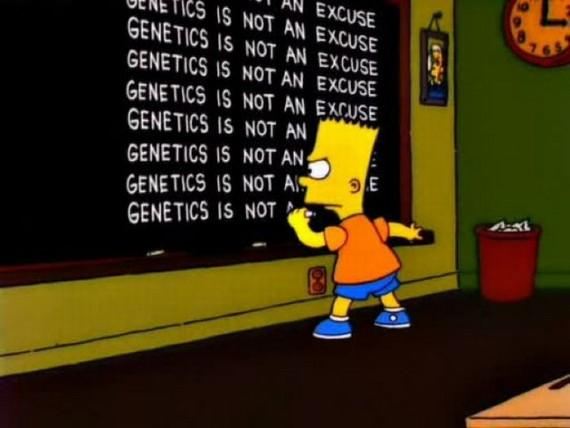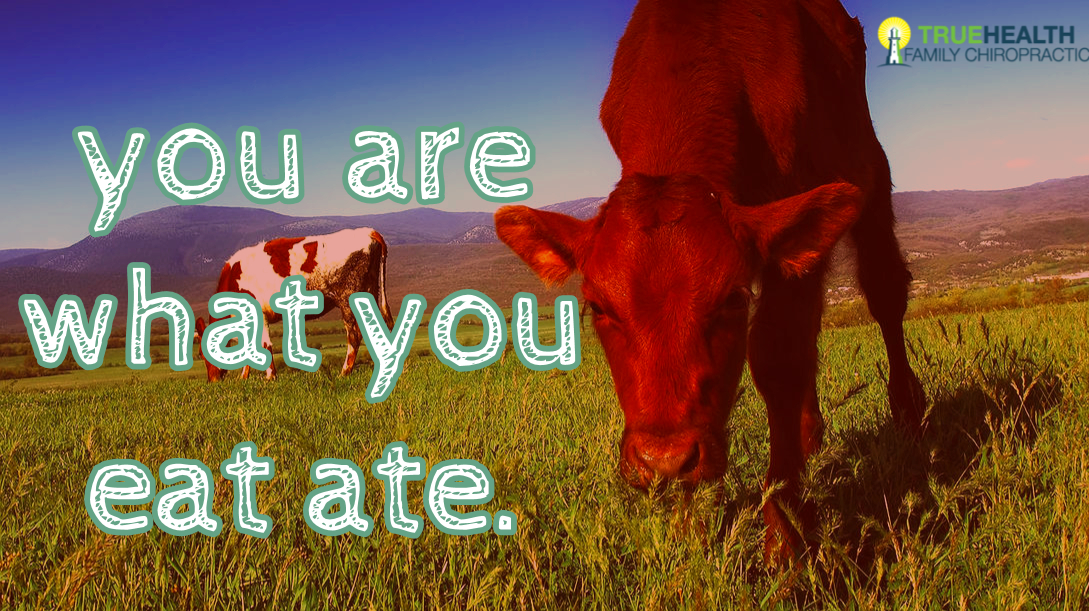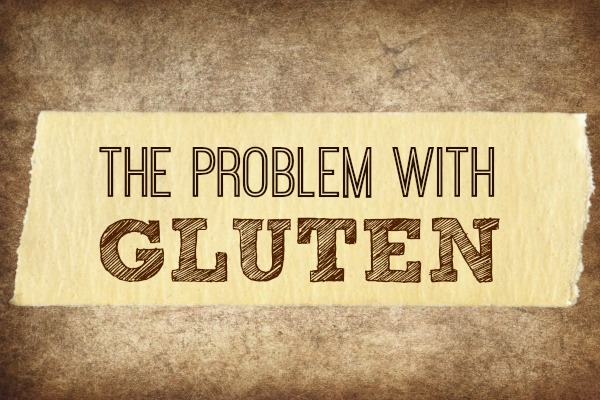A lot of people that I come into contact with truly believe that within their family history lies their fate. In other words, because in their family history there are instances of heart disease, arthritis or cancer, there is nothing that they can do to prevent themselves from getting these diseases.
While it’s true that some of us carry genes that make us more susceptible to cancer, heart disease,and diabetes just to name a few, it is also true that for these genes to cause disease, they must be turned ON. In fact recent research has shown that genetics contributes only about 30% to disease susceptibility while an individual”s environment contributes upwards of 70%. So, as long as these genes are turned OFF, you are safe.
Now, you might be asking yourself, what is it that turns these switches “ON”?
The answer is several factors contribute:
- STRESS
- PHYSICAL TRAUMA
- ENVIRONMENTAL TOXINS
- NUTRITION
At True Health, we address all of these factors with our patients from the initial visit. Through specific chiropractic adjustments, we correct and restore normal structure/function to your spine and nervous system resulting from years of repetitive stress, tension, and countless traumas. Through our purification program, we eliminate toxins stored in your body from the air that we breathe, the food that we eat, and the water that we drink. And finally, we offer easy to implement nutritional advice and high quality whole food supplements.
The truth is that our genes are being changed moment by moment by the environment of our thoughts and feelings as well as the environment of our families, homes, work, friends and where we live. We assign mental and emotional meaning to facts that are as important to gene activation as the facts themselves. Even the thoughts you are having about the coming week are wired into your brain and act as stimulus for genetic expression.
Environmental changes that make it easier for people to overeat, and harder for people to get enough physical activity, have played a key role in triggering the recent surge of preventable disease. So, if we become more aware that our environment – the physical, social, political, and economic surroundings – greatly influences how much we eat and how active we are. We can continue living our life the same way, or we can make a change now to ensure good health for years to come.
The Bottom Line
What science tells us is that healthy environments and lifestyles can counteract any gene-related risks.
What you can do: maintain normal structural alignment coupled with a healthy lifestyle so that your body is the best it can be to throw off potential illness.






